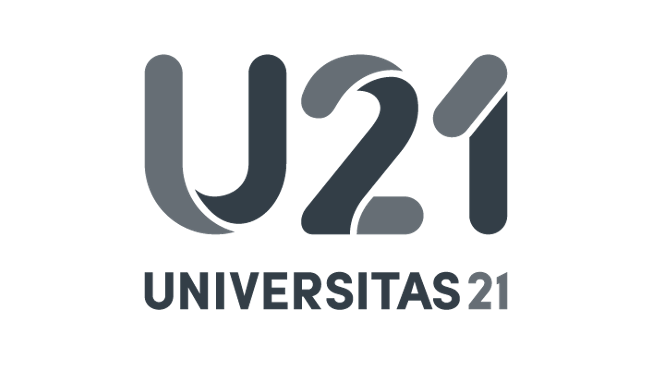Advancing Disability Inclusion through Global Collaboration within Universitas 21
The recently released U21 Disability Inclusion Policy Mapping Report provides practical guidance for advancing disability inclusion in higher education. Developed through global collaboration within the Universitas 21 network, the report highlights how universities, including the University of Zurich, can work together to create more equitable learning environments.

Practical Pathway for Inclusion
Co-authored by over 30 experts from across the U21 network and supported by the insight and time of more than 100 university volunteers, the U21 Disability Inclusion Policy Mapping Report is a testament to the power of international collaboration in creating more equitable and inclusive higher education environments. It provides a practical pathway for universities to strengthen disability inclusion, both individually and collectively through U21. For instance, the University of Zurich (UZH) shared with their U21 peers how the universities’ student accessibility roadmap fosters inclusion by enabling prospective students to make informed decisions before applying.

One of the contributors to the report was Benjamin Börner, Deputy Head of Office Equality, Diversity, Inclusion at the University of Zurich who emphasised that “We are committed to creating an academic environment where students and faculty can thrive. The insights and collaboration fostered by U21 are invaluable as we strive to embed disability inclusion into university life.” He represents the UZH in the U21 Disability Community of Practice who was consulted during the drafting of the report.
U21 as Platform for Equitable Knowledge Sharing
The network U21 is a diverse, global network that brings together world-leading, research-intensive universities across six continents, who share a common belief in the value of collaboration and internationalization. Through initiatives like the Disability Inclusion Policy Mapping Report, the network facilitates the sharing of best practices. This aligns directly with the UZH’s strategic use of U21 as a platform for equitable knowledge sharing. “Accessibility and Inclusion are cross-national challenges. U21 enables us to think beyond institutional boundaries. It’s a space where we can share and gain knowledge that help us improve our approach and reach our targets”, says Benjamin Börner.

The report highlights how U21’s collaborative model – combining top-down leadership with grassroots en-gagement — has already driven meaningful change across the network, helping to create environments where all members of the university community can thrive.
Leslie Reinhard

